Steve McQueen’s wartime drama Blitz has stark beauty and a gripping story
Blitz, set in London during the German air raids of 1940, is an old-fashioned movie in the best sense. It’s well worth seeing.
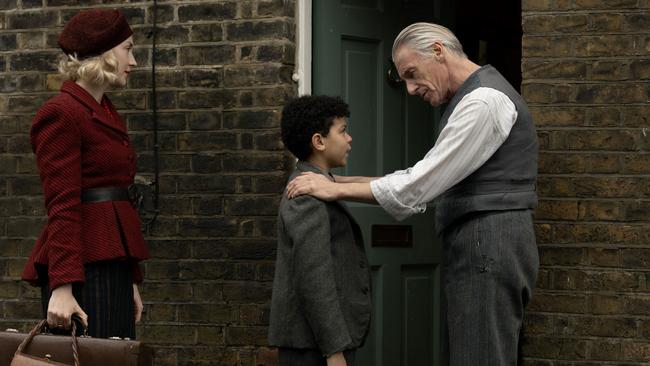
Steve McQueen’s wartime drama Blitz has a stunning opening sequence. It’s as good as the opening of another recent film set during World War II, Christopher Nolan’s 2017 masterpiece Dunkirk.
It’s September 1940 and London is being bombed: the Blitz of the title. Firemen arrive at a burning building. One of them loses control of the fire hose. The nozzle smashes into his face, knocking him out, perhaps killing him, and the thick hose bucks and swirls like an angry anaconda.
For all I know this may have been common during the war but seeing it on the screen — the fire hose as threatening as the fire — marks the unexpectedly terrifying starting point of what is to come. The enemy without and within.
We cut to the dark skies and see more bombs dropping from German aircraft. We cut to a house and see a man at the piano, a cat by his side.
The camera moves upstairs to the second floor and we see a boy in bed, a woman beside him.
“What a lovely boy,’’ she says as she caresses his cheek. “What a handsome …” An air raid siren cuts her short. The three rush into the street. The shelters are full so they, and a crowd of others, try to gain access to a locked tube station. There is panic on their faces. This is not the time or place to be calm and carry on.
This extraordinary sequence introduces us to three of the main characters: George (British newcomer Elliott Heffernan, who is brilliant), his mother Rita (American-Irish actor Saoirse Ronan) and her father Gerald (British musician Paul Weller).
As an aside, though the 1980s band The Style Council remain a favourite of mine, seeing this film makes me wish its frontman Weller had become an actor sooner. What a face. So grave yet so tender.
There’s a beautiful flashback moment when father, daughter and grandson sit together at the piano and sing Ain’t Misbehavin’. At this point in the war, one year in, everyone is savin’ their love for someone.
Rita works in a munitions factory, making bombs the Allies can drop on German cities. The granular detail of the scene in which Rita and other women make, paint and store bombs, is impressive. War? What is it good for?, as the song goes. I suppose one answer is that it’s good for filmmaking.
Blitz is McQueen’s most conventional film to date. His 2008 drama Hunger remains Michael Fassbender’s best performance, as Irish hunger striker Bobby Sands. His 2013 film 12 Years a Slave received a best picture Oscar. His 2020 five-movie anthology, Small Axe, made for television, is superb.
There’s nothing wrong with conventional, or with simple, when it’s this good. Blitz is an old-fashioned movie in the best sense. It is full of remarkable scenes, some heartbreaking, some uplifting, all captured in stark beauty by French cinematographer Yorick Le Saux.
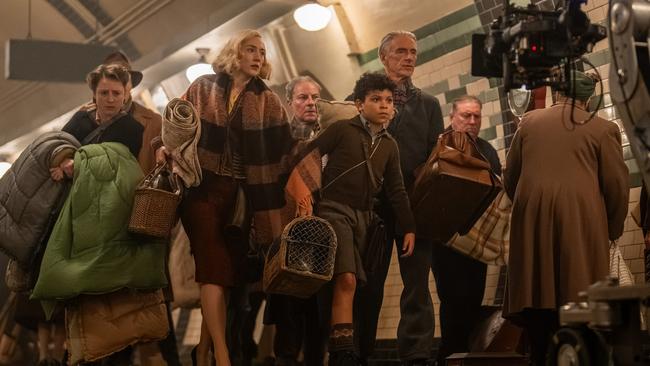
The pivot point happens when Rita decides to send her son from London to the less-bombed countryside. More than 1.25 million people were evacuated during this time and half of them were children. George jumps off the train an hour into the trip and tries to make his way back to his home in working class London. His mother learns of this a bit later and heads off to find him.
Ronan, a four-time Oscar nominee, is wonderful to watch. The main plot, however, is less a mother’s search for a lost son than a lost son’s fight for survival.
There is a Dickensian aspect to George’s story. He’s a boy who sees more than he should; a boy who has to grow up fast.
That he is black presents further problems. We meet his Grenadian immigrant father in a flashback scene. Where he is now is uncertain. There’s a suggestion he’s been deported. Checking out Rita in bar one night, one man notes she’s “damaged goods” who has “that little monkey to look after”.
The British actor Benjamin Clementine has a stunning extended cameo as Nigerian-born Ife, an air raid warden who finds George in the street and takes him under his wing.
When he sees a man draping sheets in the shelter to screen an Indian family from his view, he delivers the speech of the film. Ife’s kindness is countered by the cruelty of others, especially a criminal gang run by Albert (Stephen Graham). Here the director shows another ongoing war, centred on class.
The Blitz itself we see rarely but when we do it counts. In a sweeping aerial shot, Hans Zimmer’s music is silenced and we see London weeping smoke. At ground level, people singing and dancing at a jazz club suddenly go quiet and look to the ceiling. What happens after the bombs hit is even worse, hard as it is to believe.
This movie, written and directed by McQueen, is showing as part of the British Film Festival, which runs until December 8. It is well worth seeing.
Blitz (M)
120 minutes
In cinemas as part of the British Film Festival. On Apple TV+ from November 22


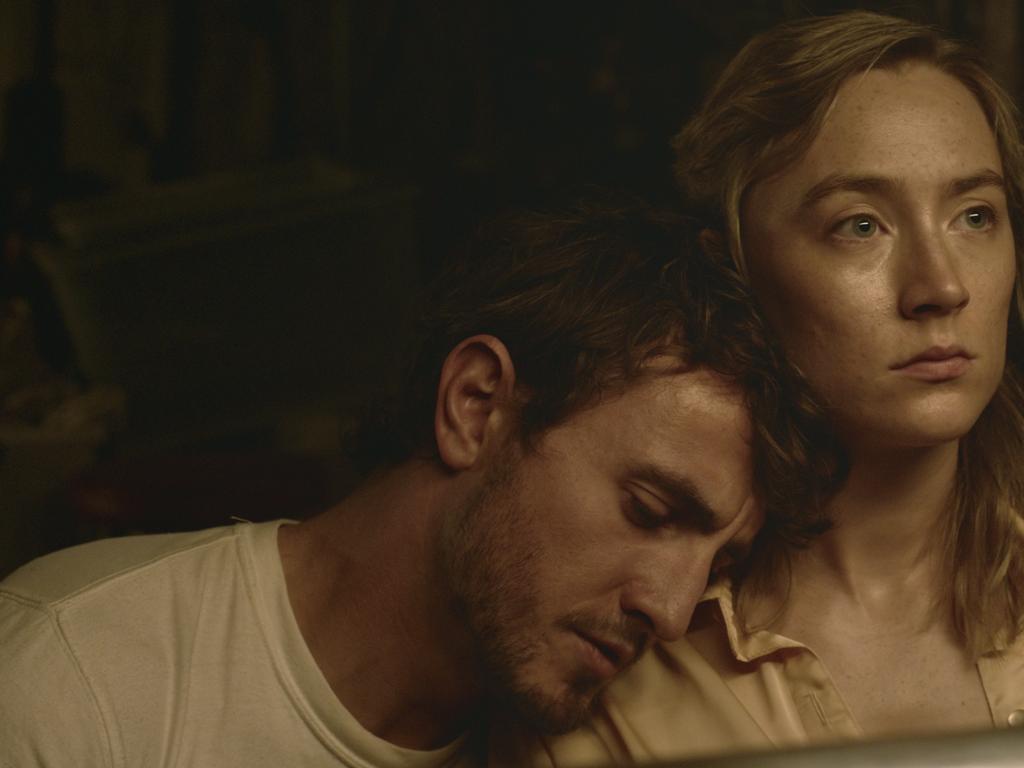

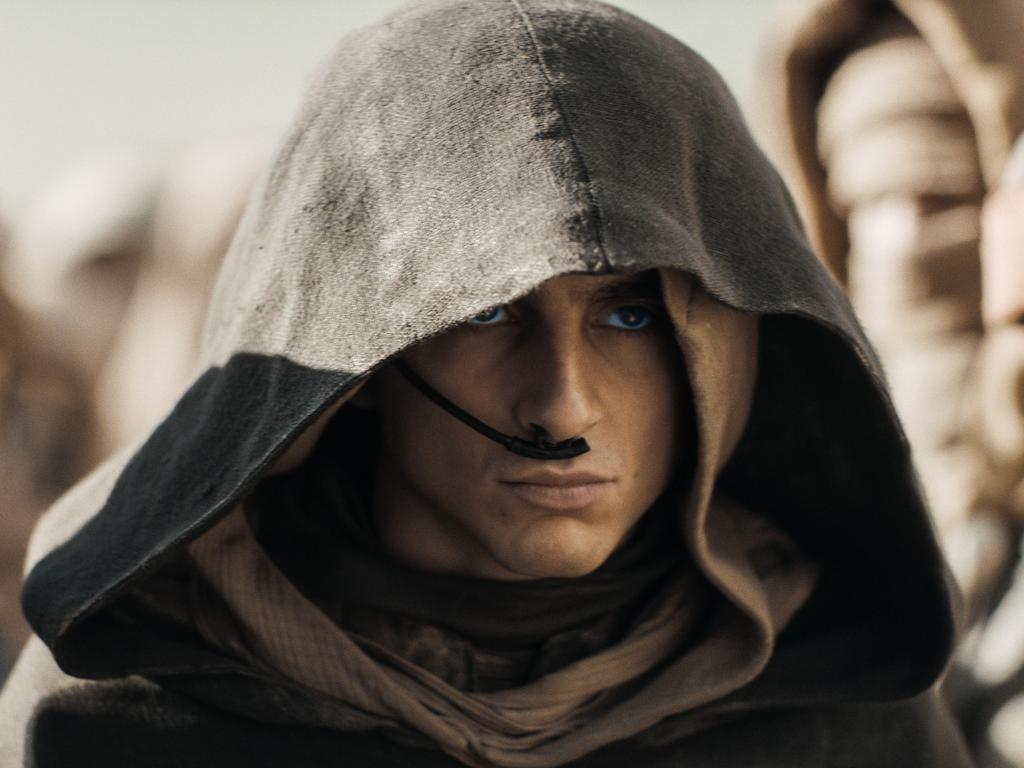
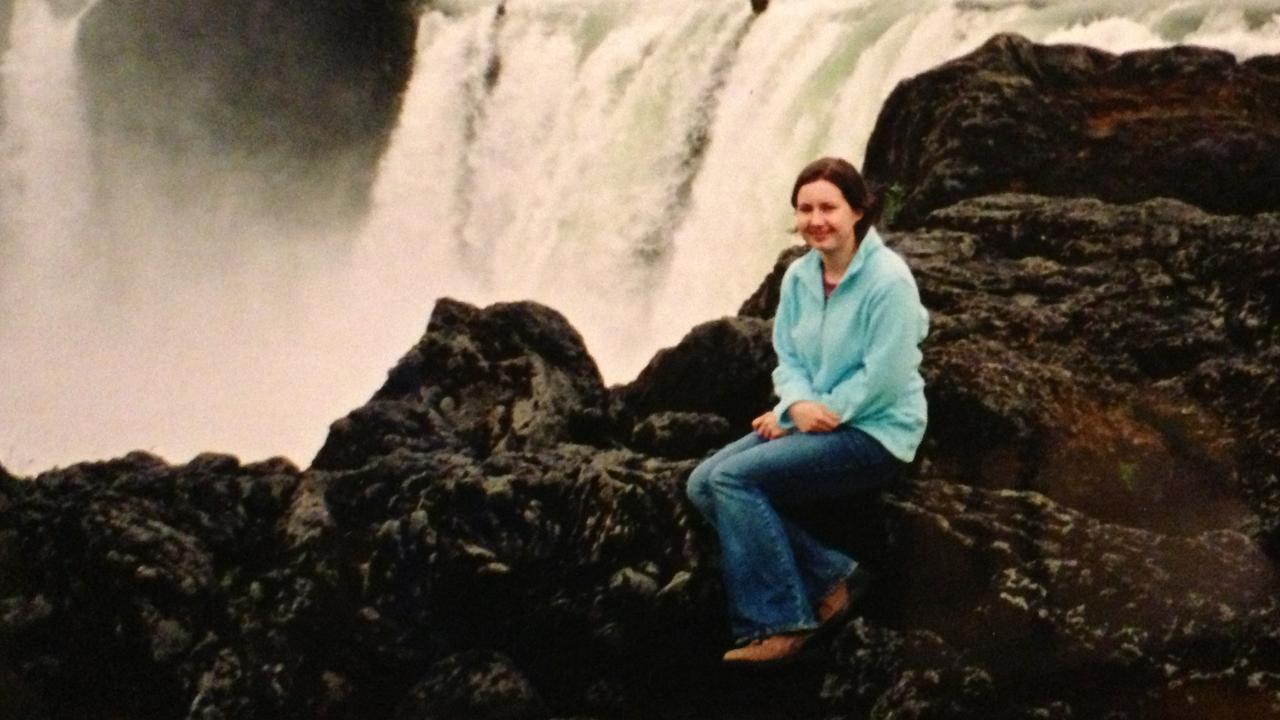
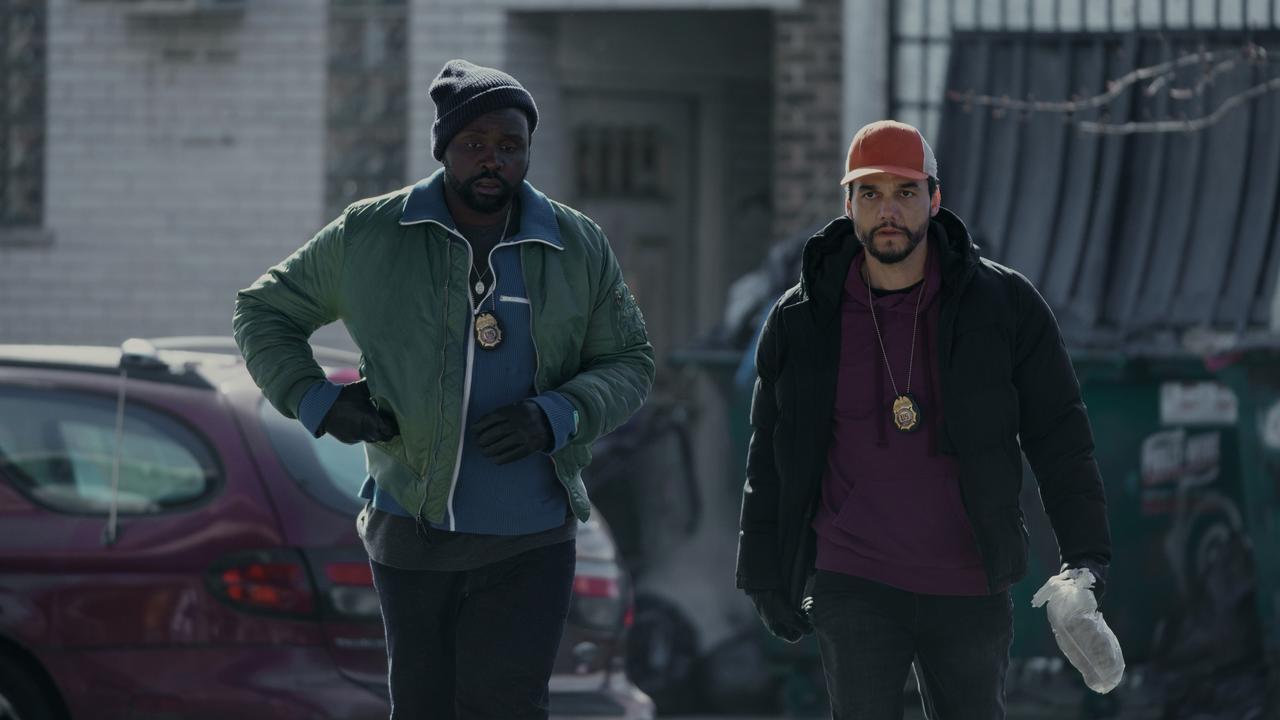
To join the conversation, please log in. Don't have an account? Register
Join the conversation, you are commenting as Logout